The digitization of education is already a reality, but this process has been carried out without giving time to a prior analysis of its suitability (Sidorkin, 2017). Educational psychology must face the challenges linked to teaching and learning and new skills, such as reading and digital skills. Digital reading literacy is the ability to locate, integrate, and reflect on information in digital format. The ultimate goal of the OLEDIG project is to develop and optimize the digital reading competence of adolescents (5th to 10th grade students) using high-precision technological tools in natural environments.
Assessing digital reading skills across ages
Learn, Train, Read: A Multidimensional Approach to Spelling Processing
The main objective of project LEPANTO is to analyze the repercussions of the use of digital devices for learning to read in primary and secondary education classrooms, based on a multi-method approach.
Effects of attention and linguistic factors on the acquisition of traffic sign information: behavioural and physiological data from drivers with and without dyslexia.
The non-academic literary canon: process of building, characteristics, responsibles, selection and reception in virtual public epitexts
In this study we anaylse how the confinement by COVID-19 is affecting our reading habits. Do we read more or less? How much time do we invest in recreational reading? And in reading news? In what format: paper or digital?
Integration of multimodal information during the driving of vehicles: experimental analysis and evaluation of possible appli
PURPOSE: To explore the time course of inference making during text reading in individuals with Autism Spectrum Condition (ASC) from 10-16 years of age. The information collected from the study will help to increase knowledge about the origin of reading comprehension difficulties which are estimated to be present at a 30%-50% in children with ASC vs a 5-10% in children with typical development.
WHO ARE WE: Dr. Holly Joseph (University of Reading, UK) and Dr. Inmaculada Fajardo (University of Valencia, Spain) are leading this project which counts with the support of both Universities.
ARE YOU WILLING TO PARTICIPATE?
WHO DO WE NEED: Individuals 9-16 of age with a diagnosis of autism spectrum disorder AND individuals 10-16 years of age with no clinical diagnosis.
PROCEDURE: Children and adolescents will be asked to read short texts of 3 sentences and answer comprehension questions afterwards while their eye movements are monitored with an eye tracking system. The eye tracker is a small camera which sits below the computer monitor and videos children’s patterns of eye-movements while they read. During an eye tracking session, children would be asked to sit at a desk and lean against a chin rest. A picture of a child seated at an eye tracker is shown here. In addition, Children and adolescents will be asked to complete some short reading and language tasks. This application has been reviewed by the University Research Ethics Committee and has been given a favorable ethical opinion for conduct.
If you want to join and help us, please contact the
Principal Researchers: Dr. Holly Joseph and Dr. Inmaculada Fajardo
Please email i.fajardo@reading.ac.uk
La alfabetización digital es una gran preocupación europea y la clave para alcanzar los objetivos de Europe 2020. Sin embargo, Como ya ha ocurrido en el pasado, la introducción de tecnologías en las escuelas para el fomento de la educación no se traduce en mejoras en el rendimiento académico. El presente proyecto pretende profundizar en los resultados de recientes meta-análisis que revelan una mejor comprensión de textos al leer en papel.
The raise of the Internet and the expansion of digital devices is rapidly changing the nature of literacy in the XXI century. Digital literate students and citizens in general are not only expected to master traditional literacy skills such as reading printed texts, but also to be efficient in navigating hyperlinked documents (e.g. Web pages, Wikipedia), integrating information from diverse sources (e.g. a section in a textbook and an Internet video) and evaluating the quality of information (e.g. to trust or not a report in social media). Information sources are not just textual, as used to be in the past, but rather multimodal.
The results of the last PISA report (OECD, 2015) indicate that the educational level of our country is clearly improvable if we compare it with the results obtained by other countries. This situation could be improved if students applied better learning techniques and if teachers used more effective instructional procedures. This Project, framed in the challenge "Changes and social innovations", aims at advancing on the knowledge of learning techniques and effective teaching methods of complex declarative learning that can be implemented in instructional technological developments. The proposal has two specific objectives. The first one compares the effectiveness of answering questions with an available text, the most usual learning task students do, with two techniques whose effectiveness is supported by various studies, self-evaluation of learning and generating self-explanations during reading an expository text. In the second objective, we compare the effectiveness of various feedback procedures and three teaching procedures to favor conceptual change. As we have done in previous projects, we will analyze both the final product of learning and the learning process of students thanks to the computerized research tools developed by the research group.
Project funded by the Spanish Ministerio de Economía y Competitividad for the period 2015-2017. (EDU2014-55662-R)
This project focus on how atypical language development, due to early onset deafness, impacts language and reading skills.


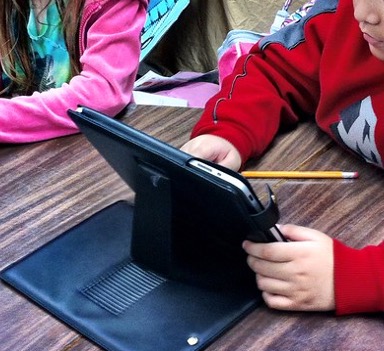 PROJECT OLEDIG - Optimization of digital reading: Analysis and intervention in the cognitive processes involved
PROJECT OLEDIG - Optimization of digital reading: Analysis and intervention in the cognitive processes involved
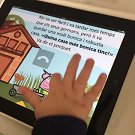 digitread
digitread
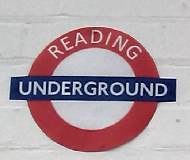 LearnREADy
LearnREADy
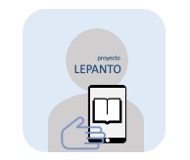 Project LEPANTO - On-screen reading at primary and secondary education classrooms: Multimethod studies
Project LEPANTO - On-screen reading at primary and secondary education classrooms: Multimethod studies
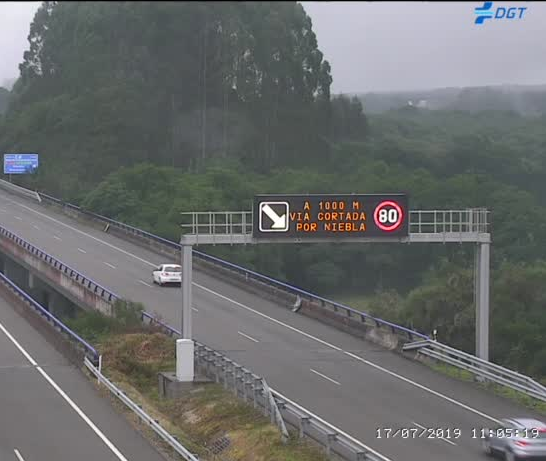 Dys_SIGN
Dys_SIGN
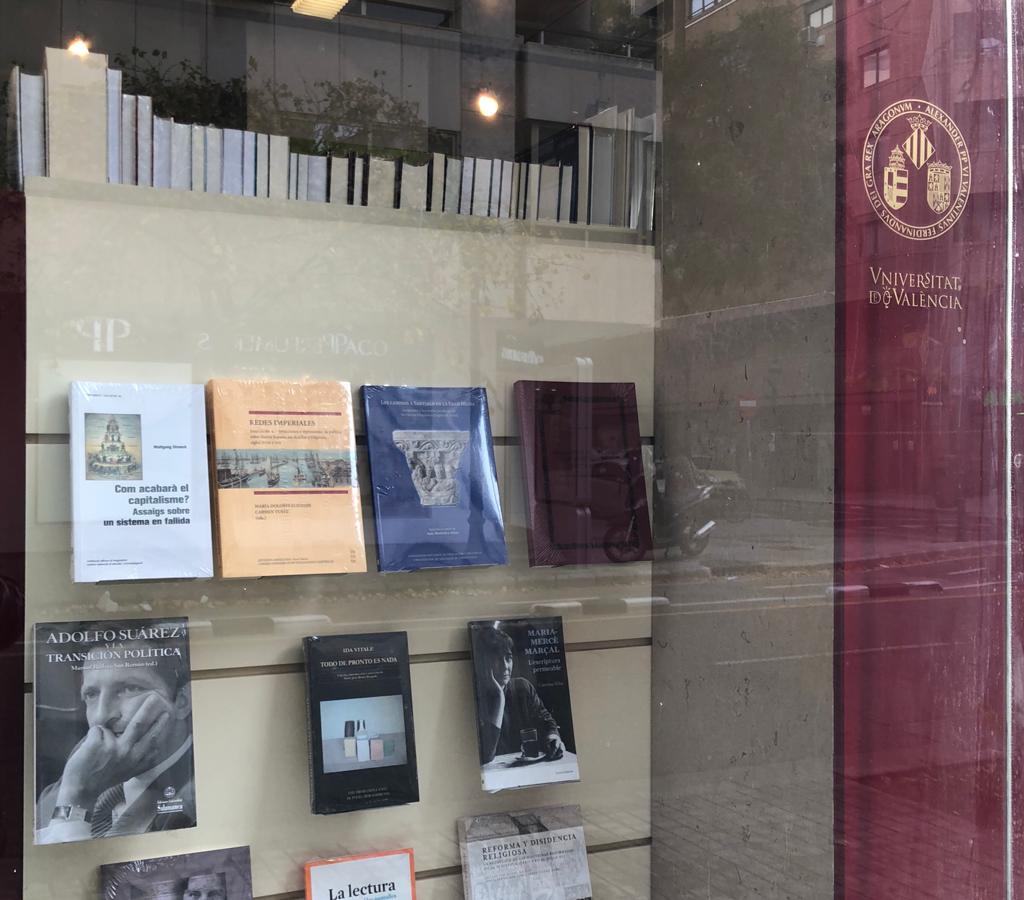 #CanonNoAcadémico
#CanonNoAcadémico
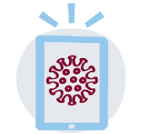 Reading habits during the confinement by COVID-19
Reading habits during the confinement by COVID-19
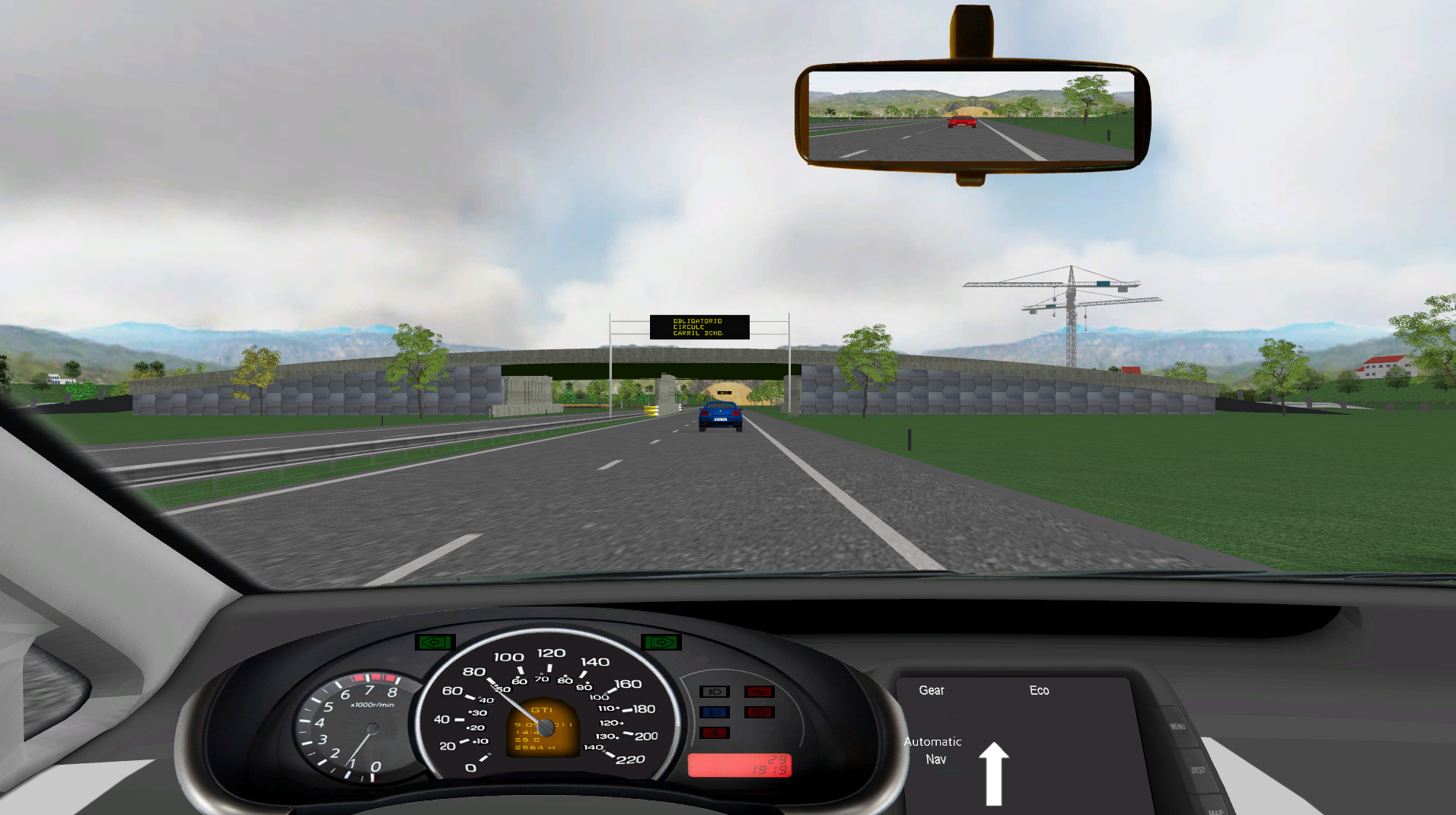 Multimodal_VMS
Multimodal_VMS
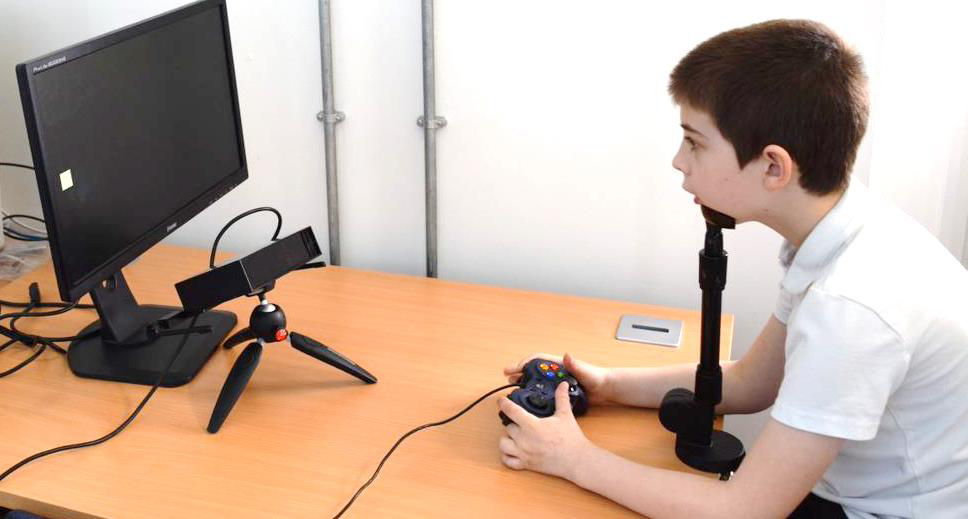 HOW DO CHILDREN WITH AUTISM SPECTRUM CONDITION (ASC) READ STORIES?
HOW DO CHILDREN WITH AUTISM SPECTRUM CONDITION (ASC) READ STORIES?
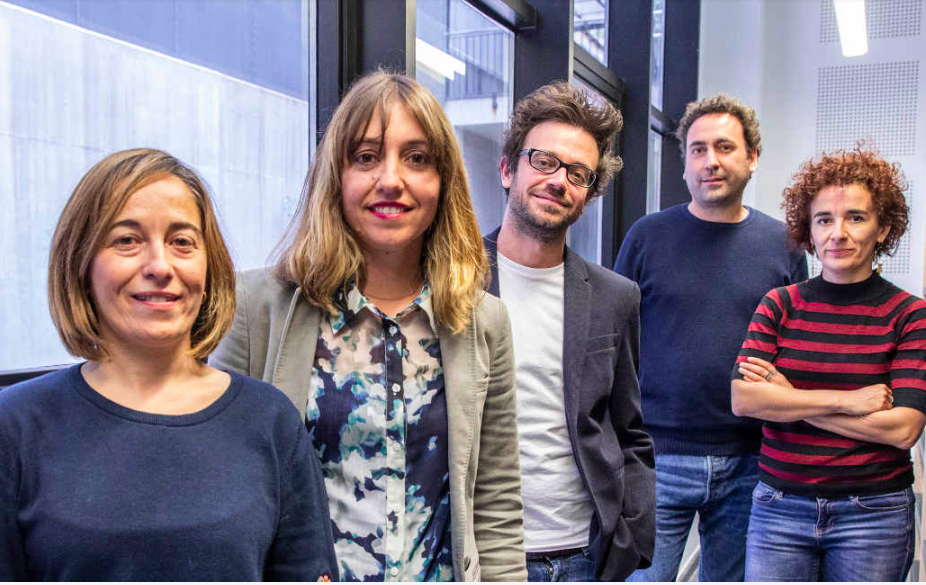 Investigación neuroeducativa sobre el efecto de superioridad del papel (NeuroPapel)
Investigación neuroeducativa sobre el efecto de superioridad del papel (NeuroPapel)
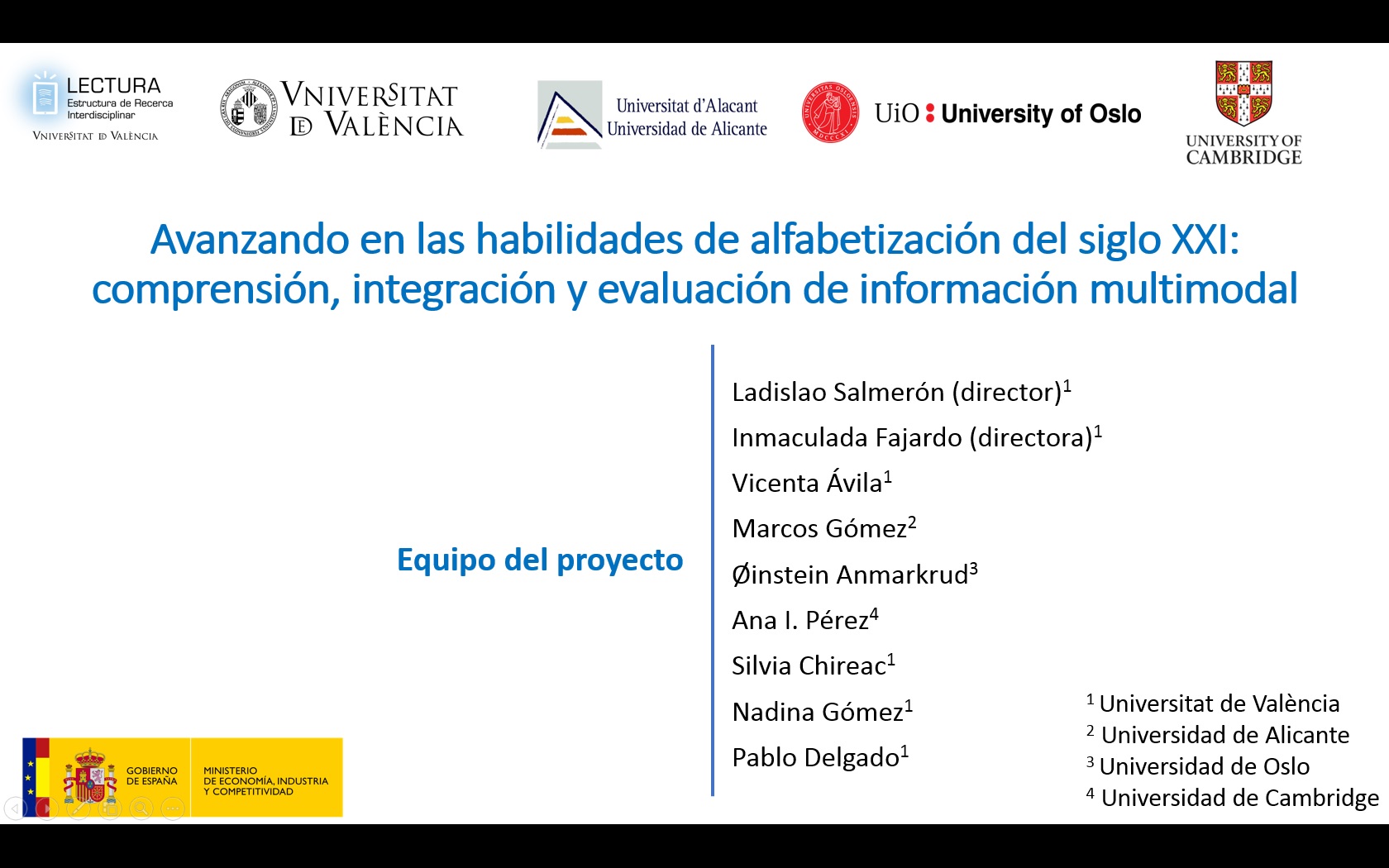 Comprehension, integration and evaluation of multimodal information
Comprehension, integration and evaluation of multimodal information
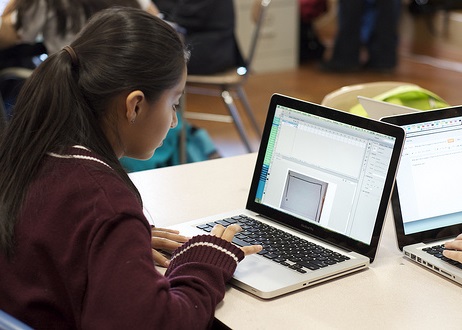 Technological and instructional developments for learning and teaching complex declarative contents: Advances in itextbook and online teaching
Technological and instructional developments for learning and teaching complex declarative contents: Advances in itextbook and online teaching
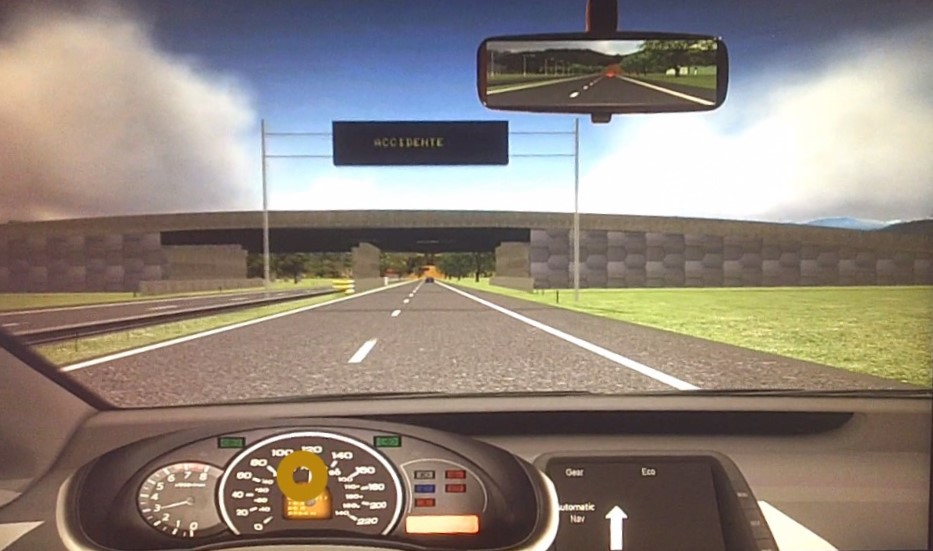 An assessment of the use of bimodal messages to facilitate the acquisition of traffic information in drivers with and without dyslexia
An assessment of the use of bimodal messages to facilitate the acquisition of traffic information in drivers with and without dyslexia
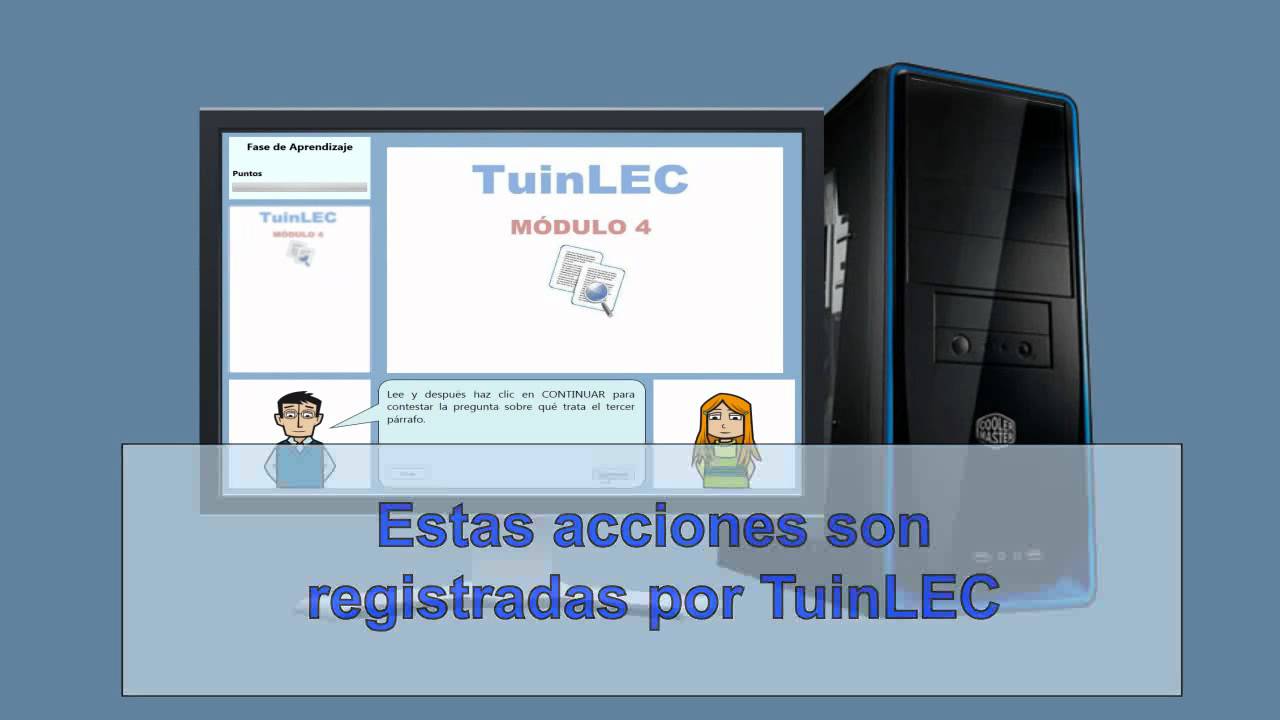 Efficacy of advanced computer tools to learn and teach reading literacy strategies and declarative curricular knowledge in a task-oriented reading environment
Efficacy of advanced computer tools to learn and teach reading literacy strategies and declarative curricular knowledge in a task-oriented reading environment






